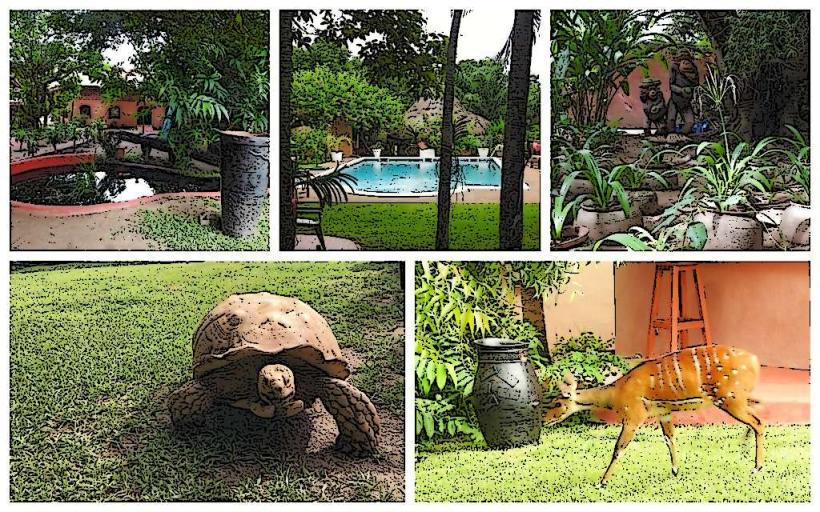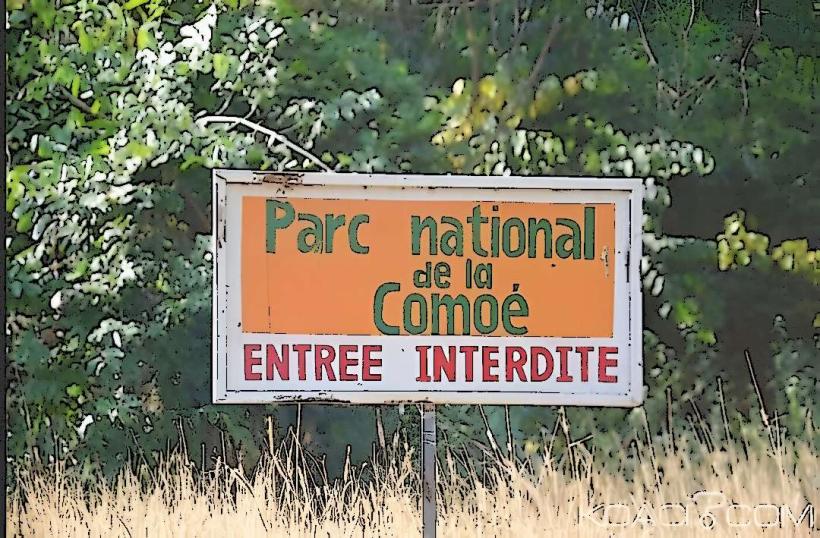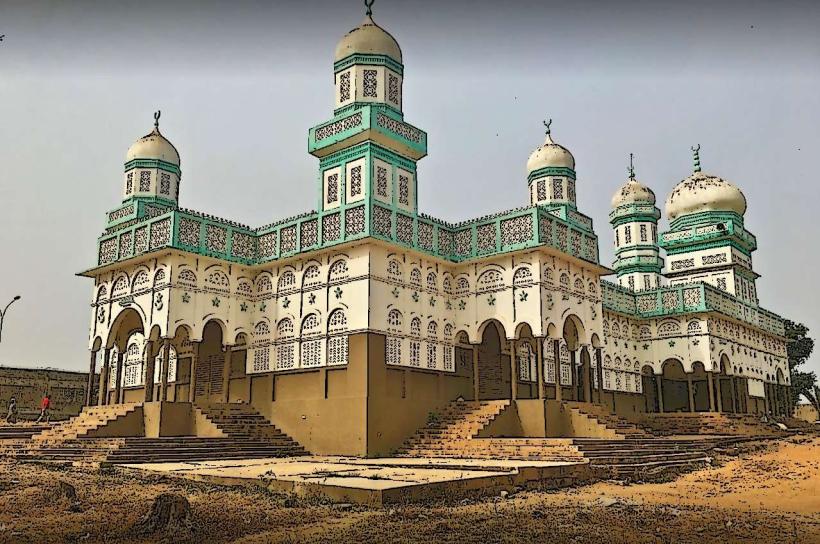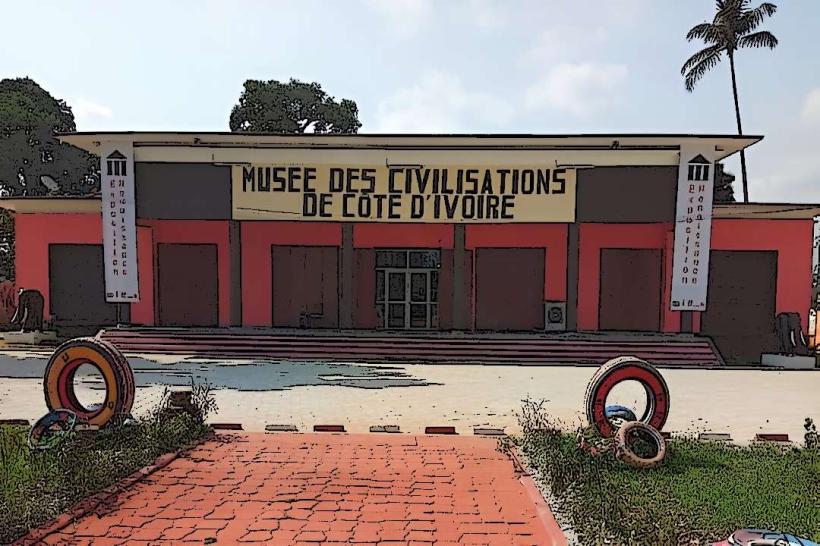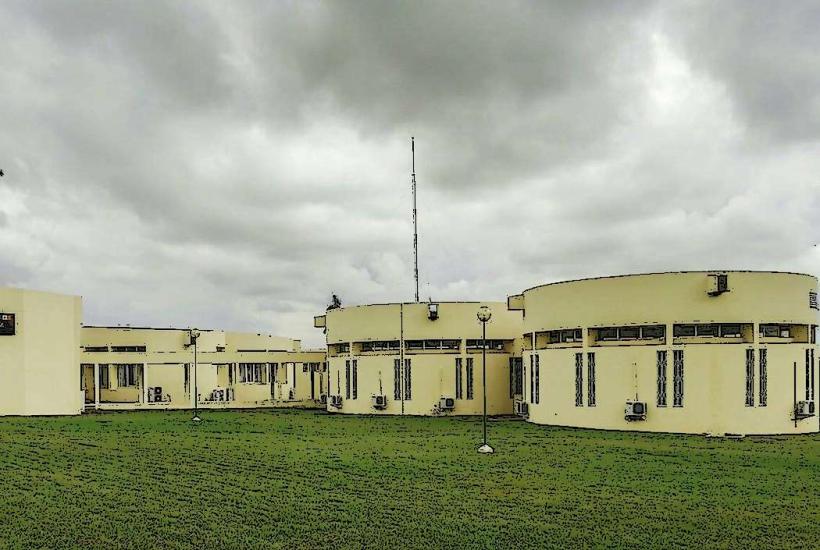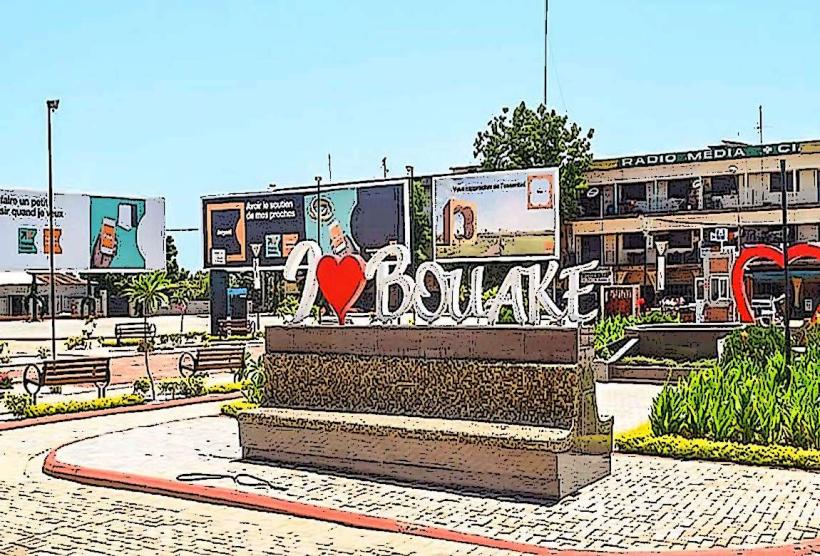Information
Landmark: Bouaké MarketCity: Bouake
Country: Cote d-Ivoire
Continent: Africa
Bouaké Market, Bouake, Cote d-Ivoire, Africa
The Bouaké Market (also known locally as Grand Marché de Bouaké) is one of the largest and most important open-air markets in central Côte d’Ivoire. Located in the heart of Bouaké, the country's second-largest city, this market has been a vital center of commerce, culture, and daily life for decades, serving both urban and rural populations.
1. Historical and Economic Significance
Origins: The market has existed since the colonial period and expanded rapidly during the post-independence era when Bouaké developed as a key industrial and transportation hub.
Importance: It serves as the main distribution and collection point for goods from across the region, linking producers from nearby villages with urban consumers and traders.
Economic role:
Supports thousands of small-scale merchants
Central to the agricultural economy of the Gbêkê region
Acts as a wholesale center for products like cotton, yams, cassava, plantains, and livestock
2. Layout and Atmosphere
Size: The market sprawls over several city blocks and is divided into zones based on products:
Food section: fresh fruits, vegetables, grains, tubers, spices
Butcher areas: beef, goat, poultry
Fish market: dried and fresh fish from Ivorian coasts and inland waters
Clothing and textiles: wax prints, second-hand clothes, tailoring stalls
Crafts and household items: pots, mats, brooms, plastic goods, soap
Electronics and tools: mobile phones, repair kits, accessories
Ambience: It is extremely vibrant and noisy, filled with the sounds of bargaining, music, and motorbikes weaving through narrow corridors. It’s a space that feels intensely alive, reflecting the pulse of the city.
3. Cultural Experience
Multilingual environment: You’ll hear French, Baoulé, Dioula, and other local languages spoken freely.
Street food is abundant around the market periphery-try garba (attiéké with fried tuna), brochettes, aloco (fried plantains), or bouillie (millet porridge).
Traditional medicine vendors also operate here, selling herbs, roots, dried animal parts, and spiritual items.
Religious diversity: The market reflects the city’s diverse population, with nearby mosques and churches, and vendors from all ethnic and religious backgrounds.
4. Challenges and Resilience
2002–2011 conflict impact: During the civil war, Bouaké became the capital of the rebel-held north. The market remained open but functioned under stress, with reduced access to southern goods, military checkpoints, and sometimes looting.
Despite these hardships, it continued to operate and became a symbol of economic resilience and civilian adaptability under difficult conditions.
Fire hazards: Like many large open-air markets in Africa, Bouaké Market has been vulnerable to fires due to electrical faults or cooking activities. Efforts have been made to improve infrastructure, but fire outbreaks have occurred periodically.
5. Recent Developments
The market is under ongoing renovation and partial restructuring, supported by municipal authorities and international aid projects.
Improvements include:
Better roofing and drainage
Paved walkways
Improved sanitation and waste management
Reorganization of vendor stalls
These upgrades aim to modernize the market without erasing its dynamic, informal character.
6. Visitor Advice
Best time to visit: Mornings (6:00–11:00) are ideal for fresh produce and to avoid peak heat.
Security: Generally safe, but pickpocketing is a risk in crowded areas-travelers should keep valuables secure.
Photography: Ask for permission if taking photos of people or individual stalls; some may expect a small tip.
Bargaining: Haggling is part of the culture-prices are rarely fixed, and negotiating is expected.
Summary
The Bouaké Market is far more than a place to shop-it’s a living museum of Ivorian daily life, reflecting the region’s agriculture, culture, languages, and resilience. Whether you're seeking local foods, colorful textiles, or the energy of central Côte d’Ivoire, the market is a must-visit for anyone passing through Bouaké.

